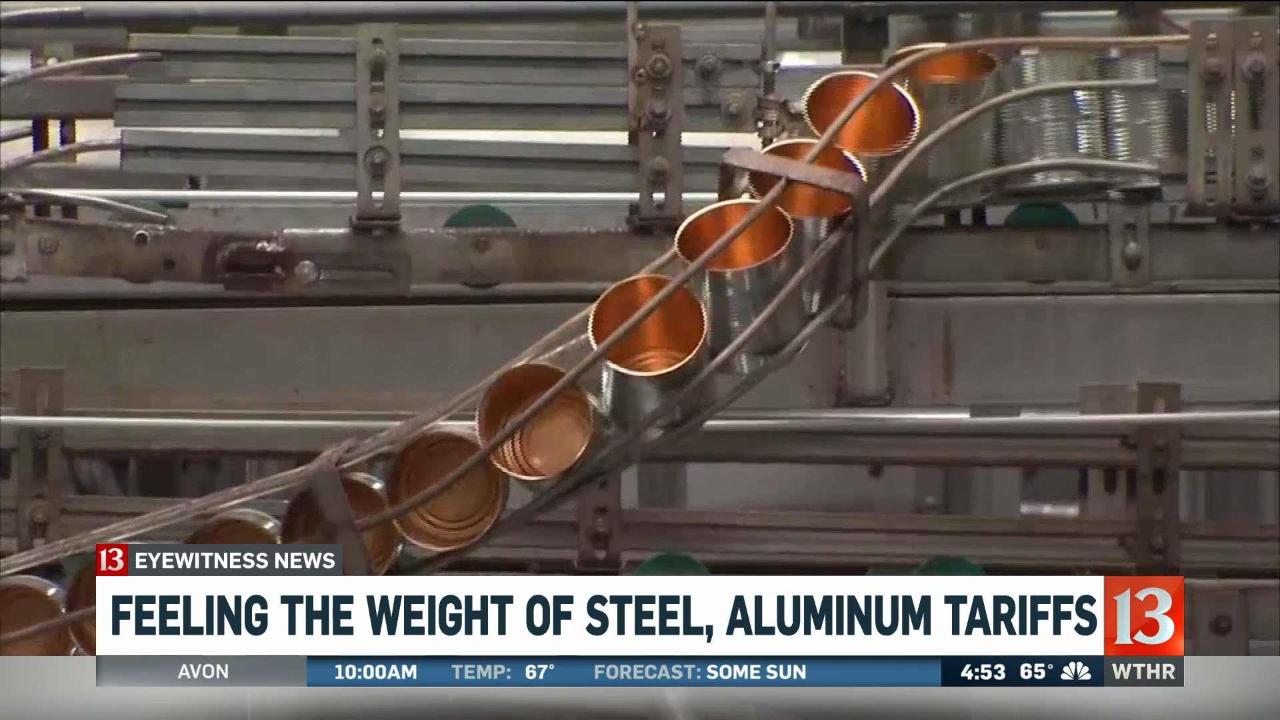(CNBC) — The canning industry is starting to feel the weight of new tariffs on steel and aluminum, which is bad news for some in the fruit and vegetable industry as tomato season kicks into full-gear.
The canning machines at Pacific Coast Producers are buzzing at full speed at the start of tomato season. The farmer-run co-op produces 600 million cans of fruits and vegetables every year and sells them to companies from Kroger to Whole Foods.
"We had a lot of weather events...But I think the season is coming along pretty well," said Pacific Coast Producers CEO Dan Vincent.
But Vincent said the weather isn't the only hurdle they've faced this season. The Trump administration's 25 percent tariff on imported steel and aluminum have also been a blow.
Pacific Coast Producers doesn't make its own cans, which are partially imported steel. Bunt Vincent said his can supplier has passed on the tariff costs, meaning his company is paying two and a half more cents for each can.
That amounts to half of the co-op's annual net income, and Vincent hopes the Trump administration will do something to ease the pain.
"We do believe the administration hears us," Vincent said. "And we do believe they have a long game, which we fully support. Our concern is, we're being caught up in the short game."
The Can Manufacturers Association says the tariffs will add an extra penny per can, or a total of $1.1 billion in extra costs for the U.S. can industry. That includes major food and beverage companies.
The CEO of Coca Cola said the price of the company's soda will go up as a result of the tariffs. And Anheuser-Busch said in a statement:
"A tariff on aluminum is tax that threatens jobs in the beer industry and has the potential to raise the cost of brewing in the U.S."
But there is some good news — Anheuser-Busch plants are performing well, so there may be savings there.

